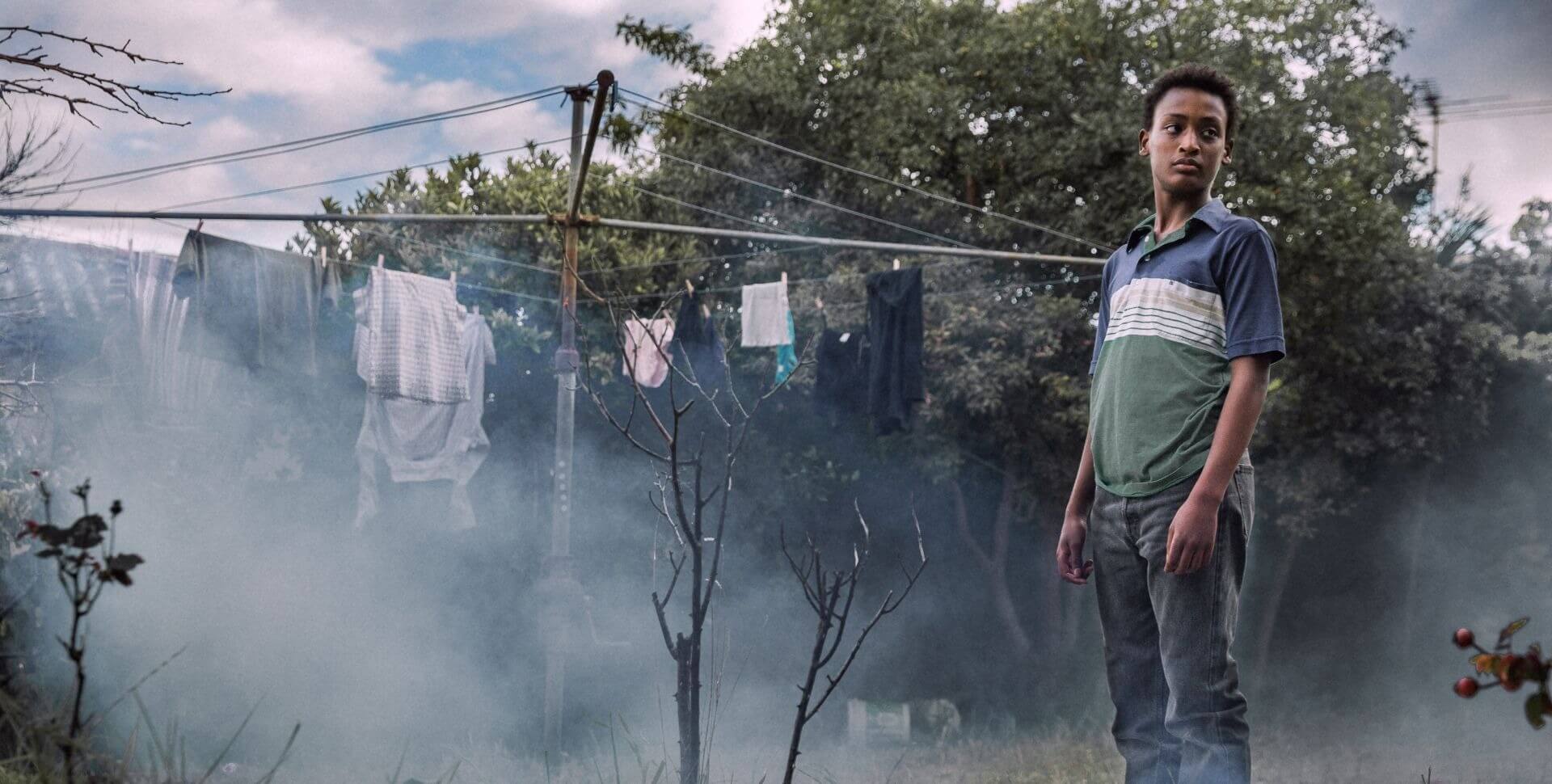Won the Palme d'Or - Best Short Film award at the 2018 Cannes Film Festival
1. How do you begin to tell a story such as this in such an effective and specific way?
Thanks for the compliment. I really don’t know other than to say I try to listen to my experience of the film as I’m making it and if it works for me I hope it will translate to others.
2. What is the most important aspect of telling this kind of story, and how do you ensure you manage it effectively?
The most important element to this film, as in many, was the casting. I needed two very different qualities in each of the lead roles – the father requires a lot of elasticity and range, whereas the son requires something more innate and passive – so staying open to who these people might be and rewriting the script around them was probably the most important aspect to realizing the film.
3. What was the shooting schedule like, and how much of this was improvised or found on the day?
We had 5 days of filming, and this was even less than it sounds. We could only shoot about 6 hours a day because most of the cast were under 15 years, so given the number of locations, it wasn’t a lot of time. I think more was found on the day that I expected. We had such a strong plan going in, and shooting film and having no budget, it was really important to be organized. However, we were always trying to interpret what we had again and make sure it felt right in each moment, which led to a kind of looseness.
4. What does the subject mean to you, and how did that affect how you directed this film?
The subject is very important to me. Not just the aspect of mental illness, but how much blame we assign people for their actions. If we can try to understand dangerous people in our lives, how we deconstruct the myths of our parents, how much free will we have… all of these elements are close to me. Directing this in some ways required me to try to separate myself from it, so it wasn’t solipsistic. When you’re making a film you’re trying to communicate something and to do that you need to listen.
5. Why does the world need film?
Film is an empathy machine. I think it’s better at giving us a felt experience of others than any other art form and that is an innately human need – to connect with the lives of others and try to see the world as it is outside of our selves.
